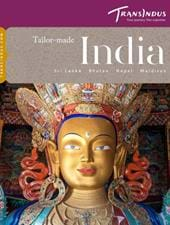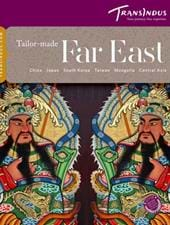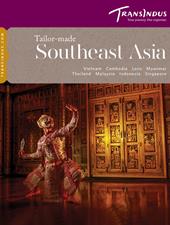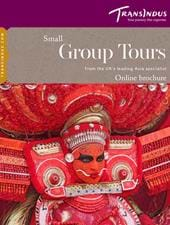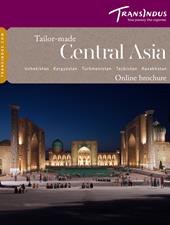Unlike in most Gulf states, where multi-storey malls are the norm, in Muscat most shopping is still conducted in old-style markets, or ‘souqs’. Comprising hundreds of small, colourful shops, they occupy tangles of covered lanes given over to different trades and crafts.
The greatest souq in the country is the one in Muttrah, the old city just east of the capital, Muscat. Entered via a gateway off the corniche, this warrenous bazaar has been beautifully renovated in a way that retains its Omani atmosphere, with adobe walls and wooden rafters.
Muttrah is a great places to shop for traditional merchandize such as frankincense from Dhofar and rose perfumes from the Jebel Akdhar. You’ll also find a splendid array of daggers (‘khanjars’) and hand-made silver jewellery, along with piles of rustic pottery, textiles and Bedu rugs made from goat, sheep’s wood and camel hair. For the local population, however, Muttrah’s main claim to fame is its glittering gold souq, to which families from across the country travel to prepare for weddings.
Other bazaars that frequently feature on our tours include the one in Nizwa fort, and the ancient market in Ibra. Whenever possible we’ll also try to time your trips so that they coincide with local livestock markets, which are wonderfully atmospheric occasions, frequented by locals dressed in their best traditional garb.
One thing all Omani souqs have in common is a total absence of fixed prices. To buy anything at close to a decent price you’ll have to be prepared to haggle. Your TransIndus guide will be on hand to offer some advice, if required!
View our offering of tailor-made tours in Oman and start planning your souq shopping trip.

